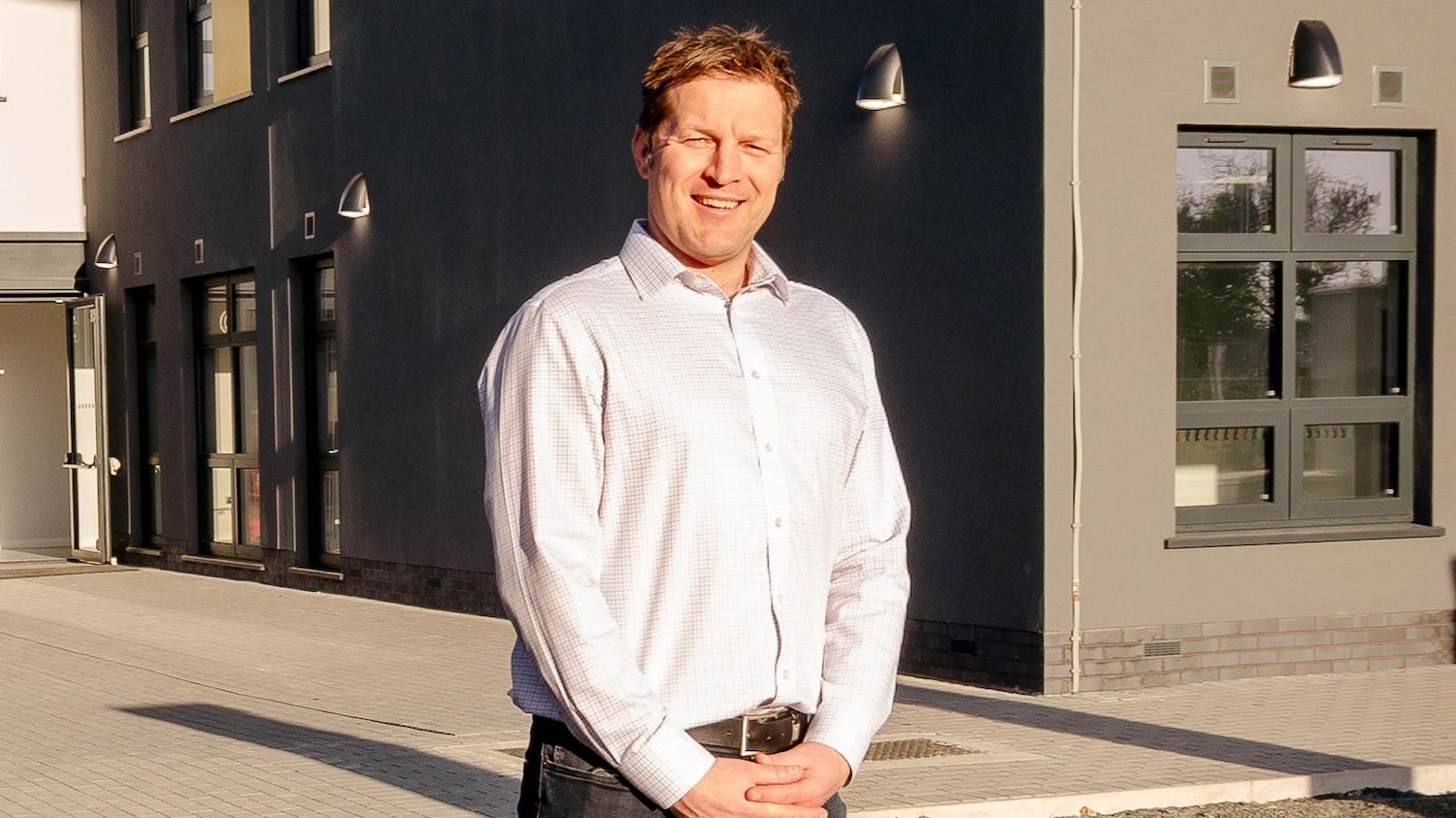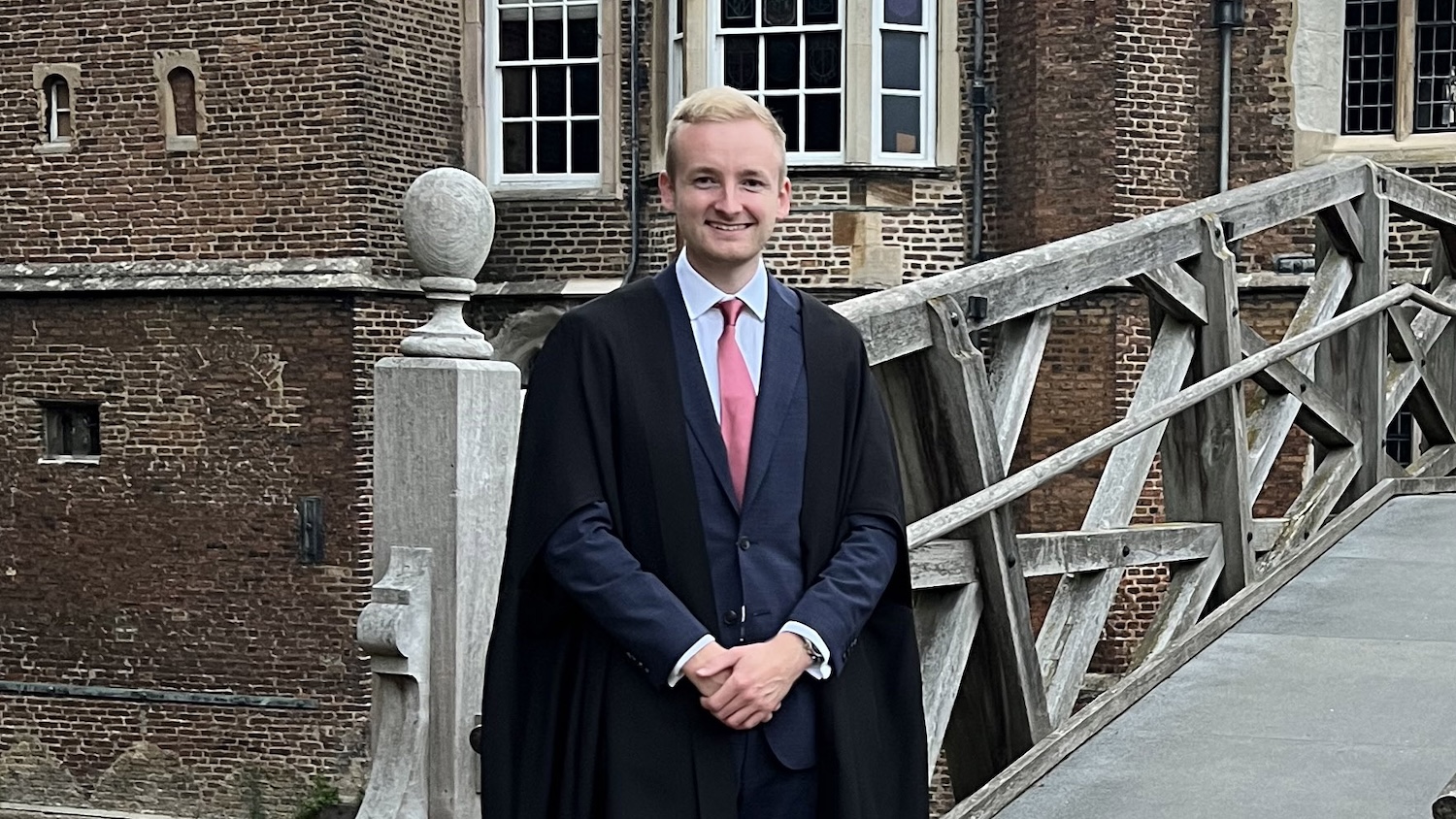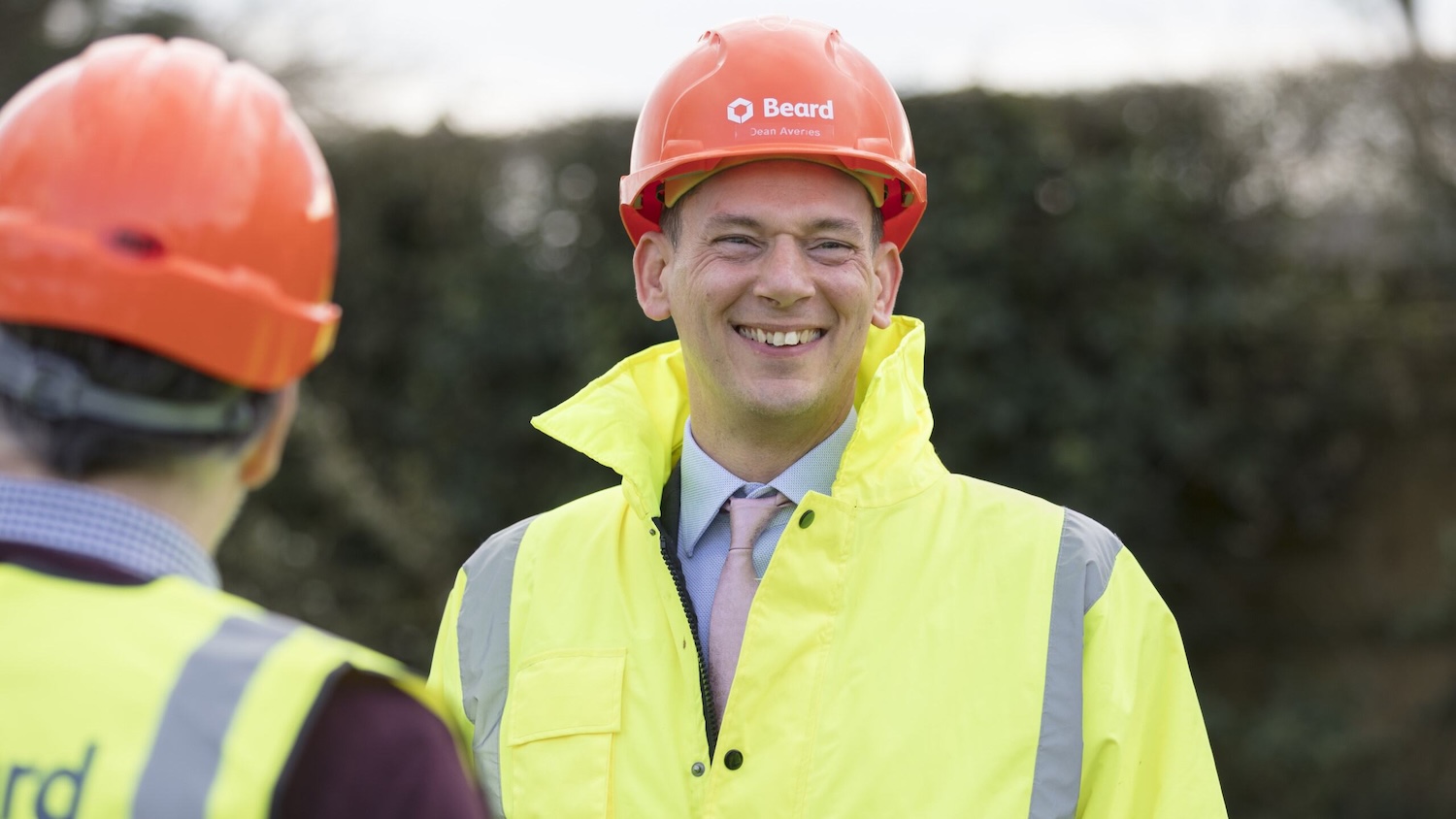
Job spotlight: Victoria Grinnall, Barratt Homes
The assistant site manager discusses the transition from the Armed Forces to construction
Describe a typical day in your job.
It can vary each day. No day is ever the same, which is one of the reasons I enjoy working in construction.
I usually assist and help the site manager on daily tasks. That could be making sure the trades on site have a good understanding of what needs to be done that day, or ensuring people are where they should be. I also help with any questions or queries from customers regarding their new home.
What skills do you need for your role and how do you keep them updated?
As an assistant site manager, I need good time management, project management and people management skills – all of which I have developed during my time in the Army.
I also need to be aware of what’s happening on site, so I’m often asking questions of the trades working at the development.
To keep my skills updated, I ask questions of my site manager, refer to Barratt training guides, and have completed my GNVQ 1-4.
As an armoured vehicle driver in the Army, I am used to being part of an industry largely dominated by men, which has helped me feel comfortable in the construction industry
As well as technical skills, I also need a fair amount of resilience, especially as a female in a male-dominated industry.
Although a lot more women are joining the construction industry now than there were 10 years ago, there is still a higher ratio of men building homes.
Why did you decide to transition from the Armed Forces to a career in construction?
It wasn’t until I saw the Barratt Armed Forces Transition Programme advertised that I decided to start a career in construction. On signing up, I discovered I had lots of transferable skills, and quickly realised it was a job I really enjoyed.
Leaving the military can be quite a scary and daunting process for many people. The Barratt programme allows you to work alongside and connect with people who have had a similar career background.
The Armed Forces Transition Programme is set up by Barratt Group, comprising Barratt Homes and David Wilson Homes. It is aimed at those who have recently left the military or who are looking to leave and start a career in construction.
Through the process, you get all the help you need to achieve the relevant training and become a confident assistant site manager.
How has your experience in the Armed Forces shaped your approach to your current role?
In the Armed Forces I learned to be a team player and a great timekeeper. These are both skills that are essential, as I work with different suppliers, contractors and colleagues at Barratt to build quality homes on time and to budget.
As an armoured vehicle driver in the Army, I am used to being part of an industry that is largely dominated by men, which has helped me feel comfortable in the construction industry.
There is still an ongoing stigma I face as a female builder, which is largely down to outdated stereotypes. There seem to be lingering perceptions that the construction industry is no place for a woman.
This is all very old-fashioned, however, and it’s great that companies like Barratt Homes are positively encouraging more women to join the industry. I’m looking forward to a time when I get to work alongside another female.
What are your career goals?
I’d like to be assistant site manager for another couple of years so I can improve my skillset and knowledge. Then, my real ambition is to become a site manager and have a site of my own to run.
I would love to be able to mentor someone in my team going through the same programme as I did, just like my site manager has done for me.







